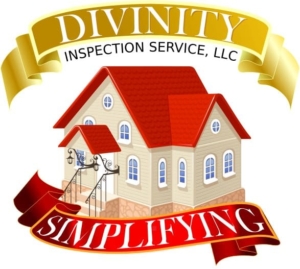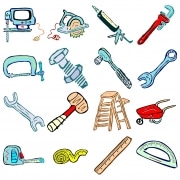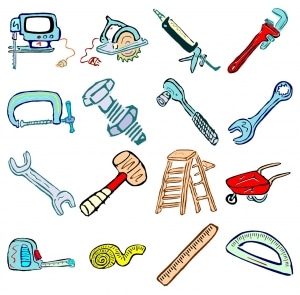3 Reasons Why Should You Get A Home Inspection
A home inspection is a detailed assessment of a residence. An inspector walks through the house and around the outside of the building looking for specific clues that indicate structural and system issues great and small. They heavily document their findings through photographs and written notes and present them to you as a home inspection report.
Many people feel they can save money by skipping the home inspection and can detect every issue in a home themselves. But that rarely ends well: After the purchase is made, repairs pile up. A pipe might burst, the roof might leak, or termites are crawling in the house, and the hot water heater stops working. Now, they have no choice but to fix everything. They could have avoided it all if a home inspector checked the house before they closed the deal.
When you ask yourself, “Do I really know what I’m buying?” Unless you get an inspection, the answer is, “No, absolutely not.” Why should you get a home inspection? Here are 3 reasons why:
#1 What You See Isn’t Always What You Get
When viewing a home that you are interested in, you might detect some obvious signs of aging or property damage, but there is a lot hidden in plain sight. Even a newly constructed home should have a home inspection performed to protect you from buyer’s remorse.
Think of it this way: A doctor knows the human body like a home inspector knows a house. When you pay for a home inspection to be done on a property, you are receiving an expert diagnosis on the health of that home.
If you come along during the inspection, it’s like visiting your doctor. You ask questions and get a professional opinion on the condition of the house. Every vital detail comes to light.
After the inspection is over, the home inspector will provide you with a meticulous report of all of their findings. You can take those papers home with you and make an educated decision — do you want to buy it or pass it up?
#2 Avoid the Necessity for Major Repairs
One of the primary objectives of a home inspection is to pinpoint and evaluate the components of a residential property that will cost big bucks to repair. The last thing you want to do after buying an expensive home is to pay for costly renovation projects.
Let’s take an old roof, for example. If a roof is 12 years old and has three layers of shingles on it, you’ll need to have the entire roof removed and a new one installed. That’s a $20,000 investment on top of your mortgage!
You will save yourself from worry, stress, and financial strain by spending $300 to $600 on a home inspection. It gives you the opportunity to negotiate repairs with the seller or walk away from the purchase altogether, which brings us to our third reason to get a home inspection…
#3 Negotiation
Once you have a home inspection report in your hand, you have proof of exactly what condition the house is in. That gives you leverage.
There are a few options you can take:
- Request that the seller makes the repair themselves with no change to the asking price. Some sellers are happy to address these issues for you.
- Ask the seller to include “credit” for the repair on their closing price. That means that they reduce the price of the home by the estimated repair cost.
- See if the seller will make the repair themselves and then add the price of the renovation project to the price of the home. This allows you to pay it off with your mortgage.
The only exception to this rule applies when you are buying in “hot areas.” If a home goes up for sale in an area that is highly sought after, your chances of negotiation are slim to none. You can either walk away or close the deal because if you don’t, someone else will.
Home Inspection Services Near Me
If you are looking for an inspection service in the Tampa Bay area in Florida, look no further than Divinity Inspection Services. We will provide you with a thorough report that will help you decide if that home is right for you. Be rest assured that you are in excellent hands with a Divinity Inspector. We have 29 certifications and we uphold the InterNACHI Standards of Practice.
Get in touch with us today and schedule your home inspection!











